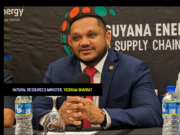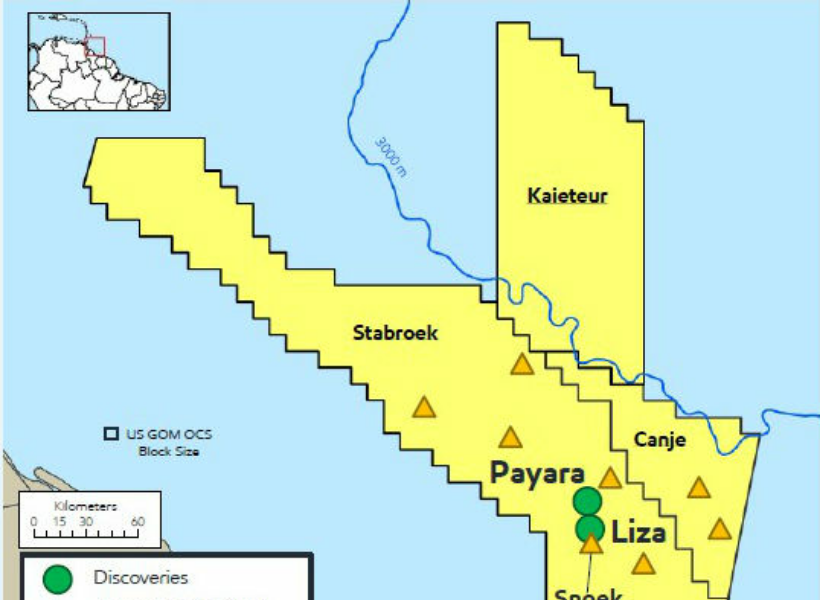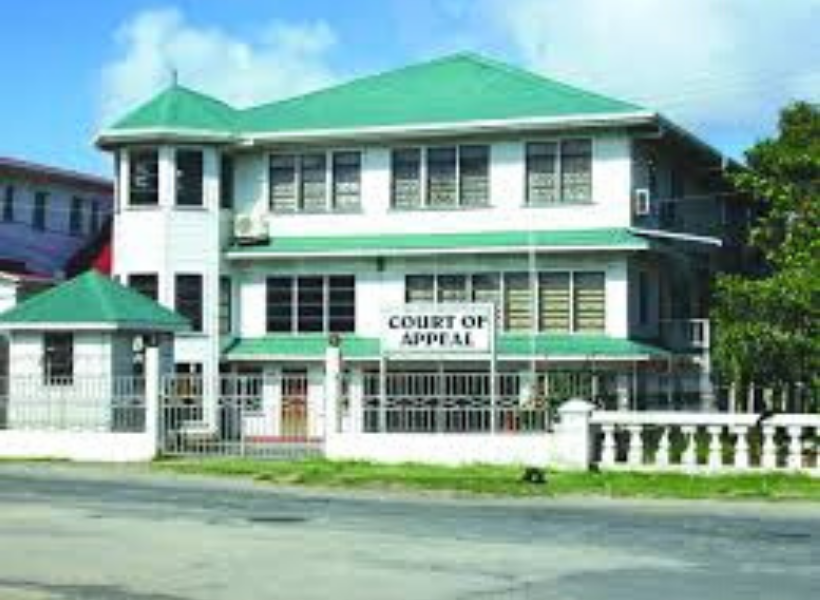Should the Court of Appeal rule in favour of the case filed by APNU+AFC supporter, Misenga Jones who is seeking to invalidate the votes tabulated during the recount of all ballots cast in the March 02, 2020 elections, then it would be further facilitating the Guyana Elections Commission (GECOM) to act unlawful. But not only this, it would also be frustrating the will of the majority of the electorate who wish to install the People’s Progressive Party Civic (PPP/C) as their government and undermining the constitutional right to representative democracy.
The foregoing was among the arguments proffered by People’s Progressive Party Civic (PPP/C), Presidential Candidate Irfaan Ali, and the party’s General Secretary Bharrat Jagdeo, during today’s Court of Appeal hearing in the latest elections case.
In a ruling delivered last week Monday, Chief Justice Roxane George rejected arguments by Jones, who contends that Section 22 of the Elections Law (Amendment) Act, from where Order no. 60 of 2020, otherwise known as the Recount Order, was issued is unconstitutional, as it violates the principle of Separation of Power and impermissibly usurps the legislative function of Parliament.
Similarly, Jones further argues that any recount purportedly carried out under Section 22 of the said Act is unconstitutional, void and of no effect and that the recent ruling of the Caribbean Court of Justice (CCJ), in the case of Ulita Moore et al., effectively invalidated any report generated by the recount process as being usable in the tabulation of valid votes. The Chief Justice ruled that any questions relating to the constitutionality of electoral laws are to be determined by way of an election petition pursuant to Article 163 of the Constitution.
Justice George, in relying on a decision by the Court of Appeal in the case filed by Eslyn David, another government supporter who sought to block the declaration of the Recount results, held that for the court to make any determination as to the constitutionality of the electoral law would be disruptive to the electoral process.
Moreover, Justice George underscored that the issue of the lawfulness of Section 22 of the Election Law (Amendment) Act raised in Jones’ application was res judicata, as they were already decided by the Court of Appeal, which concluded that it is a question for an election petition. The Chief Justice further held that the High Court could not make any pronouncement on the issues since it is bound by any decision of the Court of Appeal, a superior court.
Until an Election Court determines otherwise, the recounted ballots cast in the March 02, 2020 elections must continue to be treated as a valid determination of the votes cast at those elections, argued T&T Senior Counsel Douglas Mendes, on behalf of Ali and Jagdeo. Senior Counsel Mendes has asked the Court of Appeal to dismiss Jones’ application with costs. And pave the way for the Guyana Elections Commission (GECOM) to carry out its constitutional duties of declaring a President in accordance with the valid votes tabulated during the recount.
“…until the High Court on an election petition determines otherwise, Section 22 must continue to be treated as valid law in accordance with the presumption of constitutionality; Order #60 of 2020 [the Recount Order] must continue to be treated as valid subordinate legislation; and the recount carried out thereunder must continue to be treated as a valid determination of the votes cast at the election,” Senior Counsel Mendes submitted.
Jones, in her case is essentially asking the Court of Appeal to set aside the alleged recounted votes, and all that is left for Chief Elections Officer (CEO), Keith Lowenfield to prepare his report are the declarations made by the 10 Returning Officers, including that of Region Four’s Returning Officer Clairmont Mingo, and that GECOM is therefore obligated to declare the results of the elections based on that very report.
Senior Counsel Mendes, in his submissions urged the Court of Appeal that if it were to come to the unlikely conclusion that the recount was unlawful, for whatever reason, and that Lowenfield was right to use the Section 84 of the Representation of the People Act declarations to prepare his report, it would be obliged.
He, however, asked the court to consider all challenges to the legality of the declaration which have been put before the court, including in particular his clients’ contention, and that of the other political parties that the Mingo declaration is fraudulent and that any report based on it is likewise fraudulent and unlawful.
According to the lawyer, his clients have made it absolutely clear that Mingo’s declaration, which shows a win in favour of the ruling coalition government, was fraudulent. But the Recount, Senior Counsel Mendes pointed out, according to Lowenfield’s report, shows that the PPP/C got more ‘valid’ votes than the APNU. He said that to disprove his client’s allegation that Mingo had manufactured votes, Lowenfield could have produced the Statements of Poll for District 4, which are in his possession.
“The major distinguishing factor between the recount and the declarations is the results in relation to District 4. Whether the recount was validly ordered or not, the fact is that the ballots in each of the polling stations in District 4 have been recounted under a process which the CCJ has described as open, transparent, and accountable,” the lawyer argued in his submission before the appellate court.
Further, the PPP-aligned lawyer argues that there is no evidence that the recount of the ballots in District 4 is inaccurate. In fact, he said, “The recount shows that the APNU received 116,941 votes. On the other hand, Mingo’s declaration shows that the APNU received 136,057 votes. It is now plain beyond any doubt that Mingo corruptly gave the APNU 19,116 more votes than were actually cast for that party’s list.”
“Were effect to be given to the 19,116 votes which were not cast for APNU, but which Mingo allocated to APNU, it would deny the right to vote to those citizens who voted the PPP into office and would undermine the founding principle of the Guyana Constitution that it is the people who must decide who should govern them. Giving effect to Mingo’s declaration would allow Mingo, and not the people, to decide who should govern Guyana. Article 9 of the Constitution declares that “Sovereignty belongs to the people, who exercise it through their representatives…” Sovereignty does not belong to Mingo,” Senior Counsel Mendes continued.













